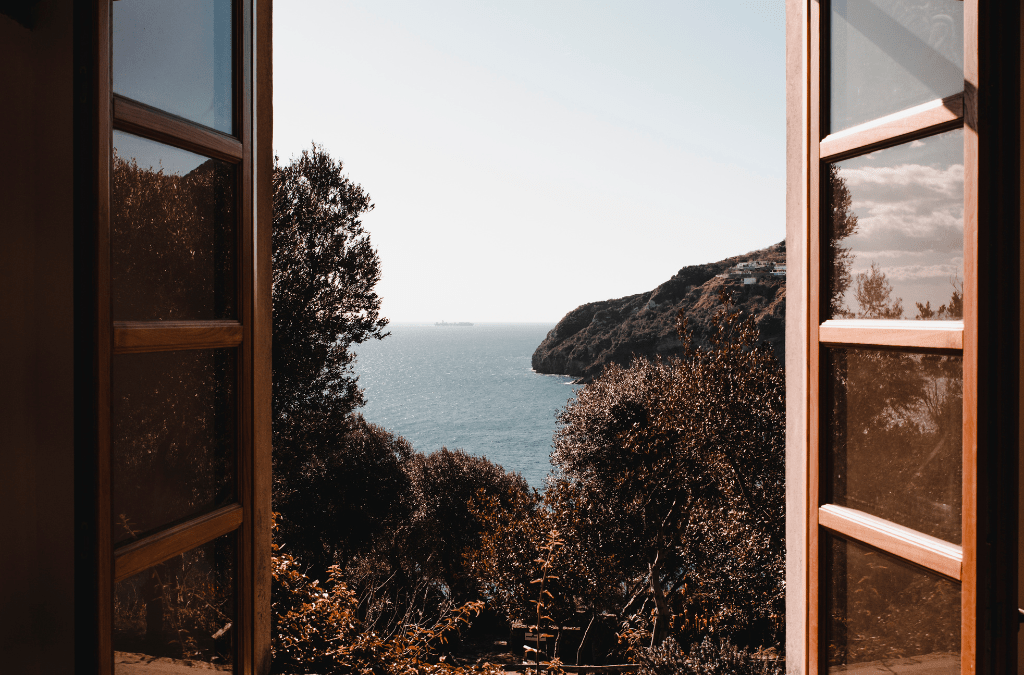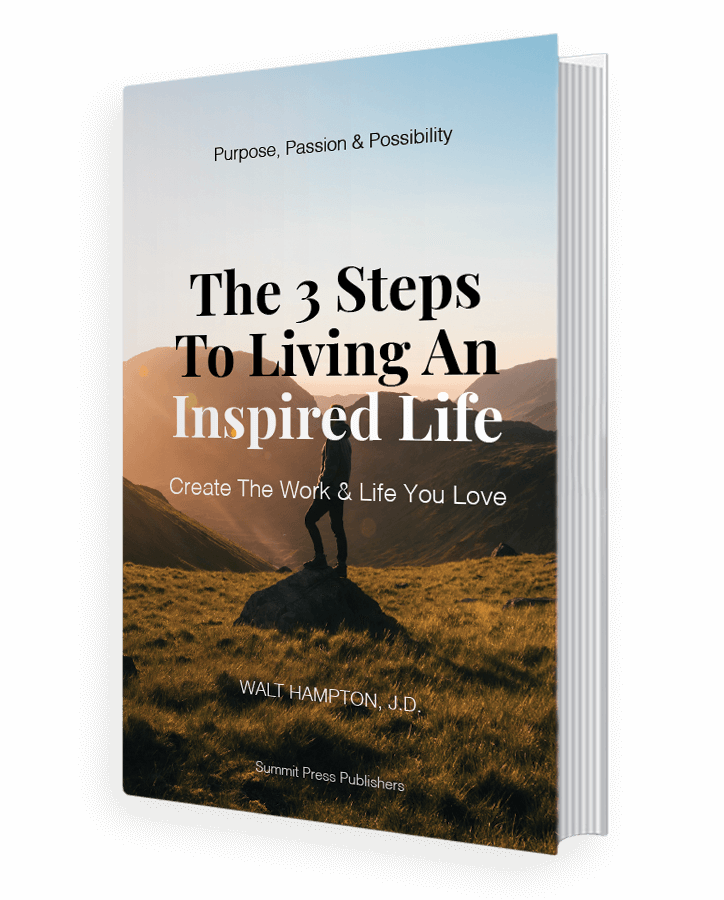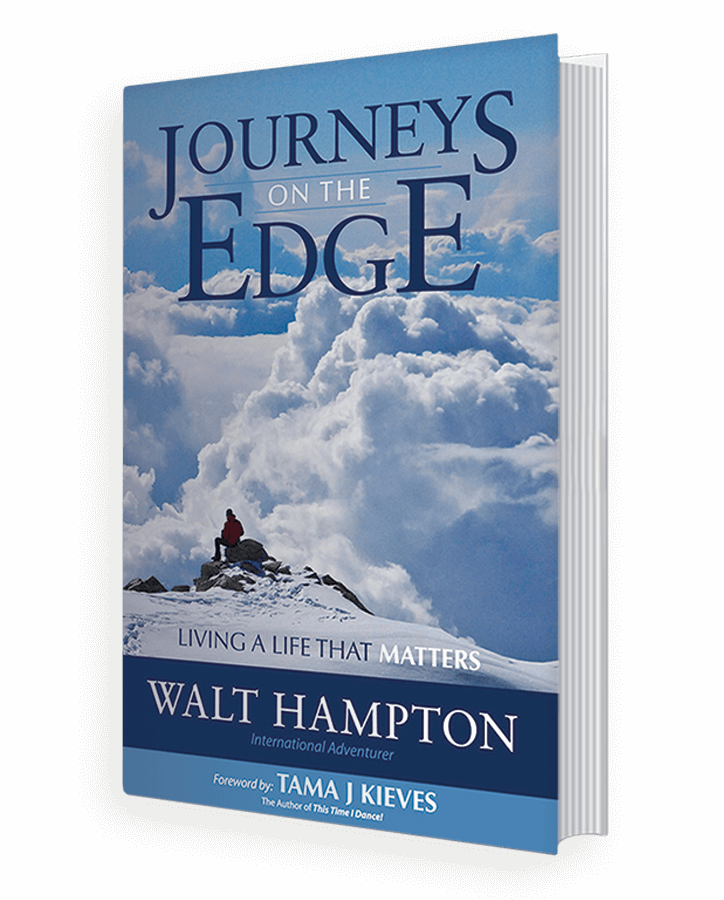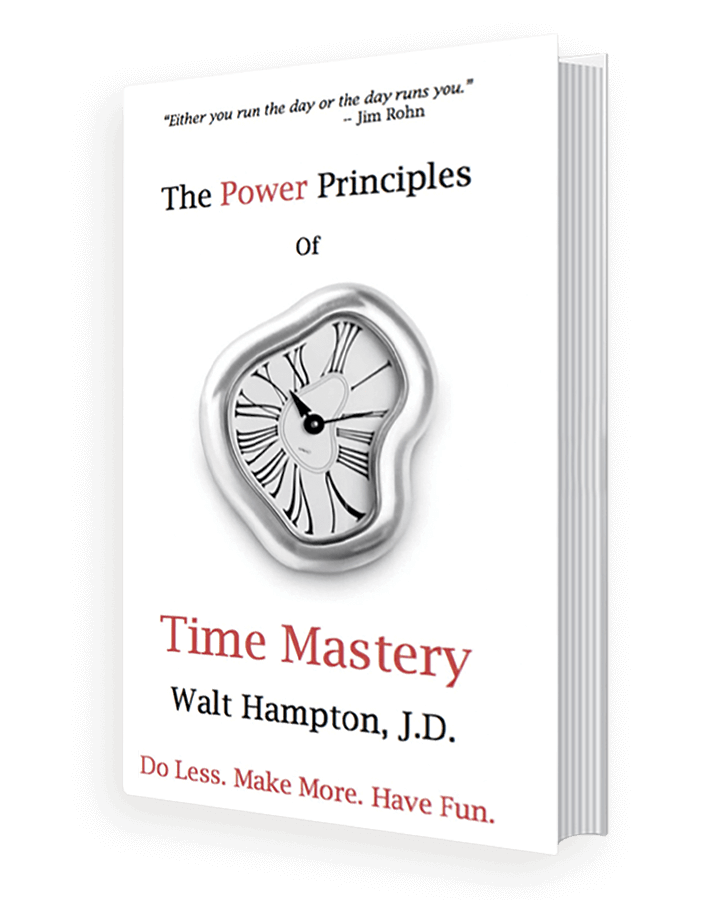The most disruptive discovery of my adult life: not everyone thinks the way I do.
Not everyone wants what I want.
Not everyone sees the world the way I do.
With rare exception, though, everyone wants to love, and to be loved.
Everyone wants to feel safe and secure.
Everyone wants for a better world.
Just maybe not in the same way that you or I want it.
Which means that we must stay curious.
Especially now.
It’s easy to want to shut down. Turn your back. Lock your door.
It’s easy to want to rant and rage; and hurl insults.
It’s easy to want to condemn, and judge, and name-call.
It’s hard to stay curious.
Really hard.
But here’s the truth: In this last election, a lot of people disagreed with you.
And they are not all bad people.
Just like you, they cast their vote yearning for a better life for themselves and for those they care about.
Why? I don’t know.
But I want to.
The thing I loved most about law school was that we could disagree about fundamental principles and argue with one another all day long like cats and dogs. Then go out for pizza and beer; enjoy one another’s company and laugh; and then do it all again the next day.
We may have believed deeply that our classmates on the other side of the argument were wrong or misinformed or confused. But we never canceled them. We never called them names. We never concluded that they were fundamentally flawed as a people.
Their desire for a better world was my desire.
And we believed that together in our differences – because of our differences – we could make that happen.
I still believe that.
So become an investigator. Ask questions. Listen deeply.
Listen to their hopes and dreams.
Listen to their fears and their worries.
Listen to understand and not to argue.
Listen with the ear of your heart.
The second stanza of the prayer attributed to Saint Francis of Assisi begins: Divine Master, grant that I may not so much seek to be consoled as to console, to be understood as to understand, to be loved as to love.
Love, friends. Just love.
That’s the only way to co-create that world we all long for.














